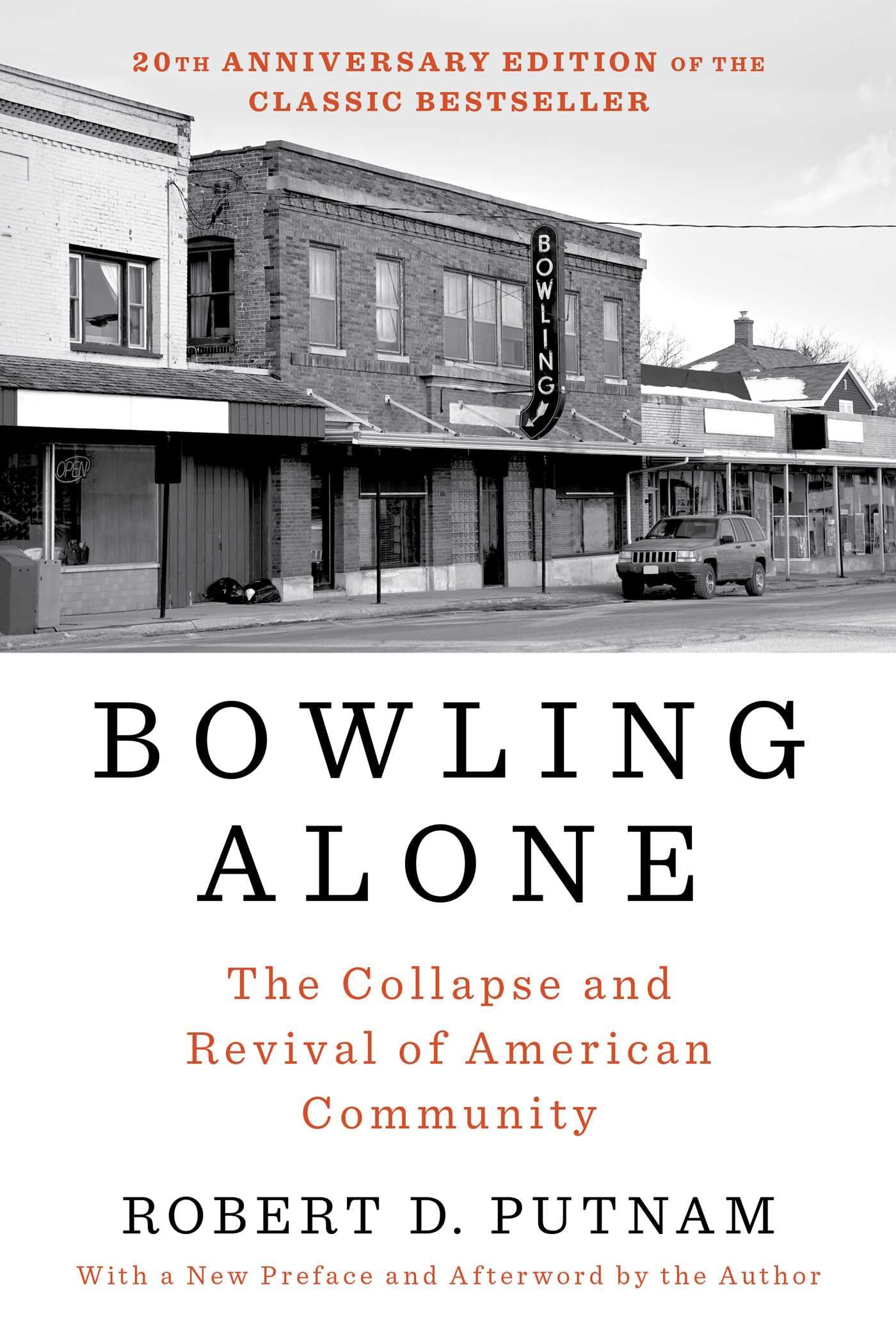The culture is about how much we actually care about democracy / believe it can actually work. I think this is still pretty strong in the US, compared to say Russia where everyone is pretty blackpilled on it, as their its completely illegitimately, whereas ours is highly flawed at the nat'l level and decent at the local level.
However, we've been in a civic engagement decline since the 1970's. See the book: "Bowling Alone" on the waning participation in gov't, civil society, and community organizations / clubs since then. Also Putman's latest "The Upswing"
Part of this is entropy: the post WWII solidarity was never going to last a few generations, and all orgs (US gov't) and codebase (constitution, US Code) get shittier over time.
However, a large part of it has also been deliberate. Since the days of FDR, there was been a revolt from the leaders of American business (once literally planning a coup against FDR [3]), but usually in a more systematic way of a diverse influence campaign led by many of the same American business oligarchs [4], who created / funded the expansion of entire philosophies of neoliberalism, libertarianism, etc. to justify their positions.[5]
The point being to create an elaborate social and philosophic system that morphed "don't tax / regulate us" into a kind of pro-social philosophy that was more political palatable, which remaining inherently anti-democratic, as their main period of operations in the 1930-1970s went strongly against the electorate's interests.
The 80's Reagan Revolution and the Democratic Party's reaction to it in 1985, the DLC (Democratic Leadership Council)[6], essentially were the institutionalization of this philosophy into both parties, as the neoliberals had won.
The Koch's, etc. then started a new era of even more blatant anti-democratic efforts [7] that gave us Citizens United [8], etc., which of course has changed the game in unlocking infinite money into politics, which now has essentially disenfranchised the country at the national level so thoroughly, that research by Princeton [9] clearly shows that politicians' actions are not at all correlated to the average person, whereas they are significantly correlated to wealth people / interest groups.
[1] https://www.amazon.com/Bowling-Alone-Collapse-American-Commu...
[2] https://www.amazon.com/Upswing-America-Together-Century-Agai...
[3] https://en.wikipedia.org/wiki/Business_Plot
[4] https://www.amazon.com/Invisible-Hands-Kim-Phillips-Fein-aud...
[5] https://www.amazon.com/Road-Mont-P%C3%A8lerin-Neoliberal-Col...
[6] https://en.wikipedia.org/wiki/Democratic_Leadership_Council
[7] https://www.amazon.com/Dark-Money-Jane-Mayer-audiobook/dp/B0...
[8] https://en.wikipedia.org/wiki/Citizens_United_v._FEC
[9] https://www.vox.com/2014/4/18/5624310/martin-gilens-testing-...


The largest contributor according the book's surveys and studies (and I love saying this) is television outcompeting in-person fun. Car dependency is a factor, but IIRC was factor #2 or #3. While this ranking was true at the time of publication, I would wager that time spent on "screens" is likely factor #1, #2, and #3 now.
Please read the version with the 20 year update: https://www.amazon.com/Bowling-Alone-Collapse-American-Commu...
I would wager that many people are fleeing their hometowns to socialize in cities not because they're walkable, but because the density of people increases, allowing you to have better odds meeting real humans who haven't been lost to the allure of the indoors.